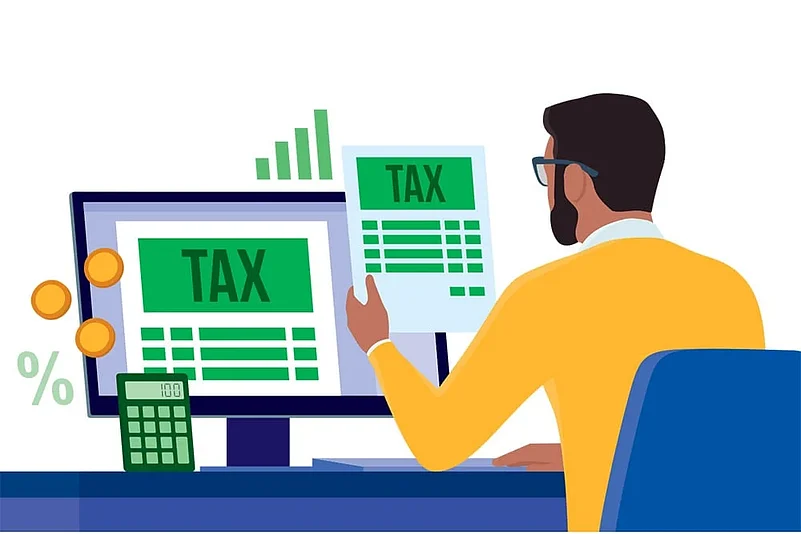
Summary of this article
Niti Aayog proposes easing criminal tax provisions.
Burden of fraud proof shifts to tax officers.
Minor offences to attract civil, not criminal, penalties.
NITI Aayog has proposed a major overhaul of India's Income Tax Act, 2025, with a request that the burden of outlining tax fraud should be on tax authorities rather than taxpayers. The think tank stated that this shift can facilitate trust between taxpayers and the government, ease compliance, and facilitate Ease of Doing Business.
The working paper, which was put out on Friday, contended that the existing system places taxpayers on the defensive. According to current law, taxpayers have to prove they did not act fraudulently, even for minor errors. NITI Aayog suggests tax officials should be held accountable for establishing wilful wrongdoing beyond a reasonable doubt.
Decriminalising Minor Lapses
The committee pointed out that while the Income Tax Act, 2025, decriminalises certain antiquated offences, it criminalises 35 acts under 13 provisions. Most of these offences are punishable by mandatory imprisonment even for default in procedure, such as, failing to pay tax deducted at source (TDS), late filing of returns, or refusal to furnish documents.
The document proposed 12 minor offences to be fully decriminalised, 17 partially, and six to be kept criminal. Minor breaches with no ill intent should invoke civil fines, not criminal charges. Civil sanctions are quicker, more efficient, and in proportion to the harm inflicted, while safeguarding public revenue, the paper said.
For offences where intent is at issue, the report advised keeping criminal sanctions only in cases of deliberate or fraudulent conduct. For instance, obstruction of seizure orders should be criminalised only if intentional. In the meantime, serious offences such as hiding property, falsification of accounts, or aiding false returns would remain with severe criminal sanctions.
Simplification of Language and Punishment
NITI Aayog also urged simplification of legal language, eliminating presumptions of guilt, and a proportionate punishment approach to match the gravity of the offence. The committee stated it would curb legal challenges, guard minor taxpayers from excessive punishments, and still deter major wrongdoing.
Next Steps and Implementation
This working paper is the second of a series of tax reform recommendations, and 10 more are due before December. The suggestions could impact the new Income Tax Act, which is scheduled to come into force on April 1, 2026.
Sanjeet Singh, the programme director at NITI Aayog, stated that the report advises maintaining robust criminal provisions for intentional, high-value, and harmful acts such as organised tax evasion or fabrication of evidence.










